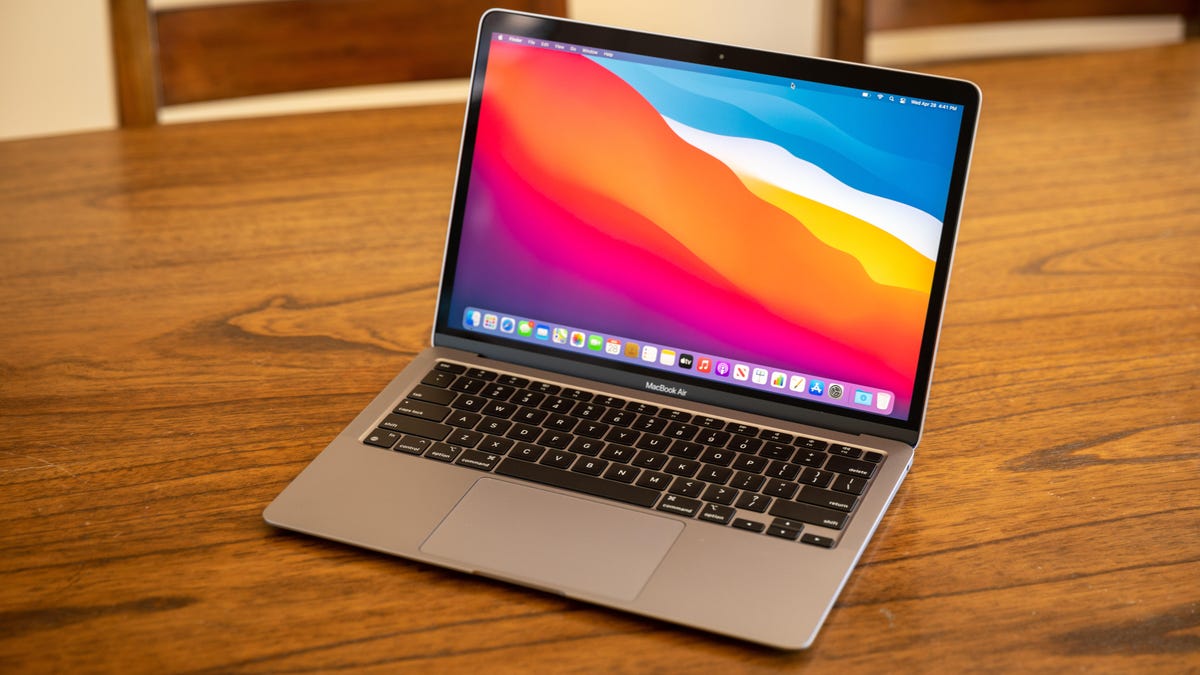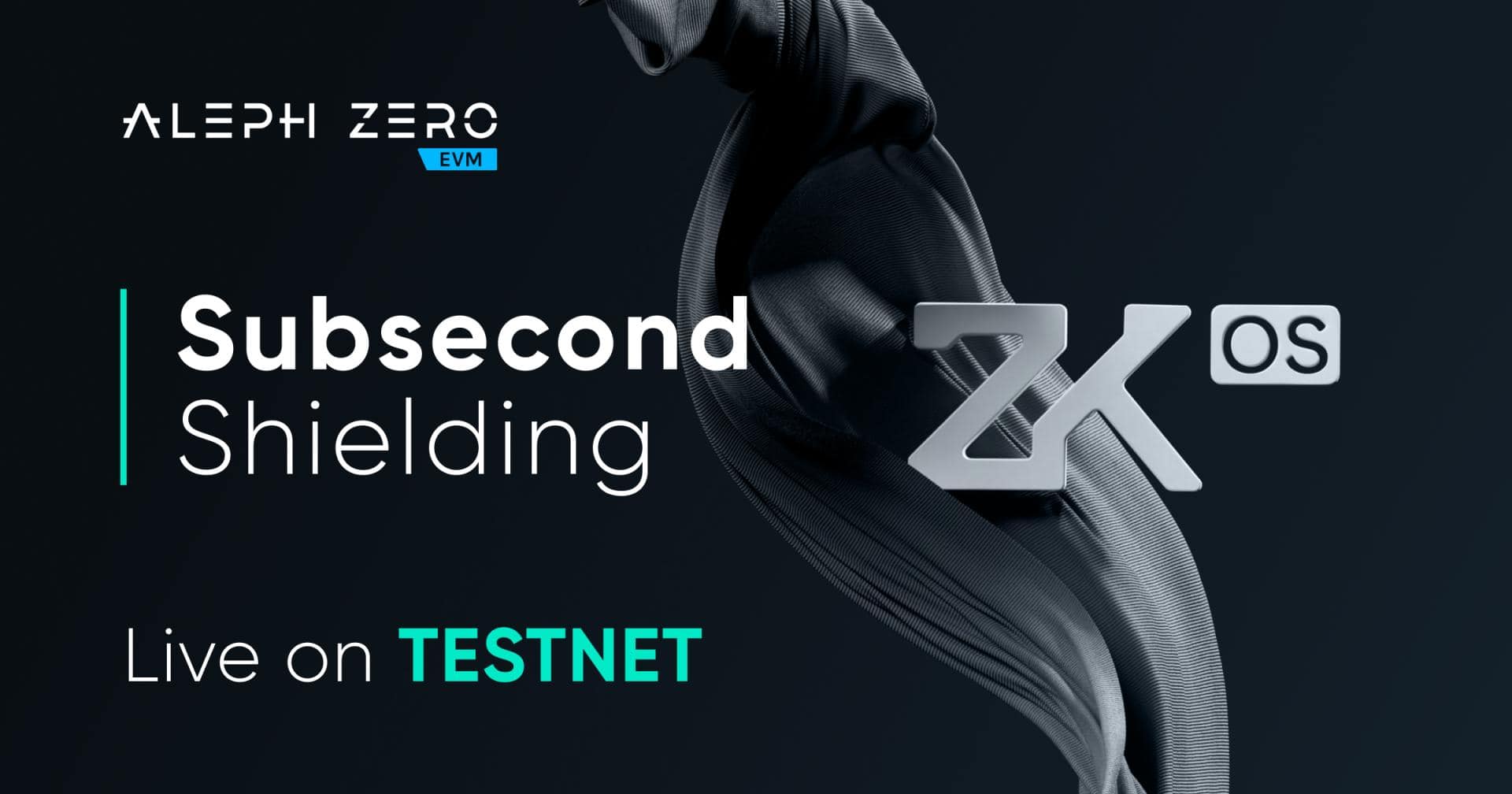Trustworthiness
Some particularly insidious malware is disguised as free antivirus software. You download something to protect your computer, and instead, you infect it, leading to stolen data or a locked device.
You can avoid this malware by sticking with trusted antivirus companies. Choose a company from a vetted list like this one, read the third-party tests we link to and make sure the URL you’re downloading from is authentic.
Features
Antivirus software typically offers two layers of protection:
- Scans that search your computer and remove malware. Some programs let you schedule these yourself, while others run them automatically when your computer is idle. You should also be able to manually run a scan at any time.
- Real-time protection that identifies and blocks malware from being downloaded onto your computer.
Antivirus tools may also block malicious websites and protect you from threats like phishing, but these features are typically only included with premium programs. Similarly, antivirus tools may only provide limited scan scheduling.
Free vs. paid antivirus software
Most free antivirus software programs are created by companies that also produce paid antivirus tools. They typically use the same antivirus engines as the paid versions, so you’ll get the same level of scanning and malware protection you’d get if you bought premium antivirus from the company. However, this protection is often only available for one device per person, whereas paid antivirus tools offer packages for five, 10 or even unlimited devices.
Moreover, paid antivirus software usually comes with additional benefits, such as advanced ransomware and phishing protection. Many companies also offer full security suites that include things like VPNs and password managers alongside the antivirus tools. Check out our list of the best antivirus programs to learn more about these security suites.
System resource use
An antivirus tool’s real-time protection shouldn’t interfere with regular use of your computer. Deep scans will often slow things down by consuming RAM or CPU resources, but they shouldn’t make your computer totally unusable.
Issues with Avast
For years, Avast Antivirus for Windows was the gold standard of antivirus, with consistently high rankings on AV-Test. We've included its antivirus in our list of recommended security app options before.
However, early in 2024, the Federal Trade Commission fined Avast $16.5 million to settle charges that from 2014 to 2020 the company had sold customer browsing information to more than 100 third parties. The FTC claims that Avast allegedly collected the data through browser extensions and antivirus software and sold the data through its Jumpshot subsidiary.
Then-Avast CEO Ondřej Vlček responded to the initial 2020 reports with a statement that he understood that his company's actions raised questions of trust in his company. To address these concerns, Avast terminated Jumpshot data collection in January 2020 and closed its operations.
We hope there will be no further Jumpshot-style activities and that Avast returns to glory as one of the best antivirus software options. Until then, we recommend using one of the other free options on this list.
Issues with Kaspersky
Kaspersky has historically been another top antivirus provider, earning high marks and awards for virus and malware protection from independent labs. However, in June of 2024, the US government announced a federal ban prohibiting Kaspersky from selling antivirus or cybersecurity software or services in the US or to US citizens due to alleged ties between Kaspersky and the Russian government.
“Russia has shown time and again they have the capability and intent to exploit Russian companies, like Kaspersky Lab, to collect and weaponize sensitive US information, and we will continue to use every tool at our disposal to safeguard US national security and the American people," Secretary of Commerce Gina Raimondo said in the official announcement of the ban.
In a statement, Kaspersky said it "does not engage in activities which threaten US national security and, in fact, has made significant contributions with its reporting and protection from a variety of threat actors that targeted US interests and allies."
The Commerce Department recommends those who use Kaspersky software switch to replacement software from other security companies as soon as possible. To aid Kaspersky customers with the transition, Kaspersky will be allowed to provide antivirus updates to its software till Sept. 29, 2024, the department said.






:quality(85):upscale()/2024/10/17/848/n/1922729/9dece426671163b35dcb11.60305022_.jpg)


 English (US) ·
English (US) ·